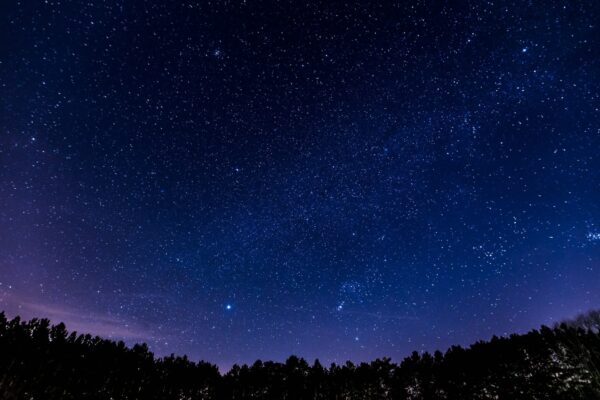Scientists have reportedly announced a groundbreaking discovery that may provide the strongest evidence yet for alien life.
Utilizing the James Webb Space Telescope, researchers detected dimethyl sulfide and dimethyl disulfide in the atmosphere of the exoplanet K2-18 b. These gases are produced exclusively by biological processes on Earth, primarily from algae.
K2-18 b, located about 124 light-years away, is 8.6 times the mass of Earth and resides in the “habitable zone” of a red dwarf star, where conditions could allow for liquid water.
The detection of these gases was made with a 99.7% confidence level, indicating a very small chance—0.3%—that the observation could be a statistical anomaly.
Astrophysicist Nikku Madhusudhan from Cambridge University, who led the study, described this moment as transformational for the search for extraterrestrial life, marking the beginning of an era in observational astrobiology.
However, he urged caution, stating, “It’s in no one’s interest to claim prematurely that we have detected life.” Further observations are necessary to eliminate non-biological explanations.
The planet is considered a potential “hycean world,” characterized by a liquid water ocean and a hydrogen-rich atmosphere.
Madhusudhan noted that the only scenario that fits the data so far is one where K2-18 b is teeming with life.
To confirm the presence of life, researchers plan multiple follow-up observations to ensure the reliability of the signals detected.
Madhusudhan emphasized the importance of reducing the likelihood of statistical errors to below one in a million. This discovery represents a significant step toward answering humanity’s enduring question of whether we are alone in the universe.
[READ MORE: Former NYT Editor Forced to Offer Apology to Sarah Palin During Libel Hearing]








